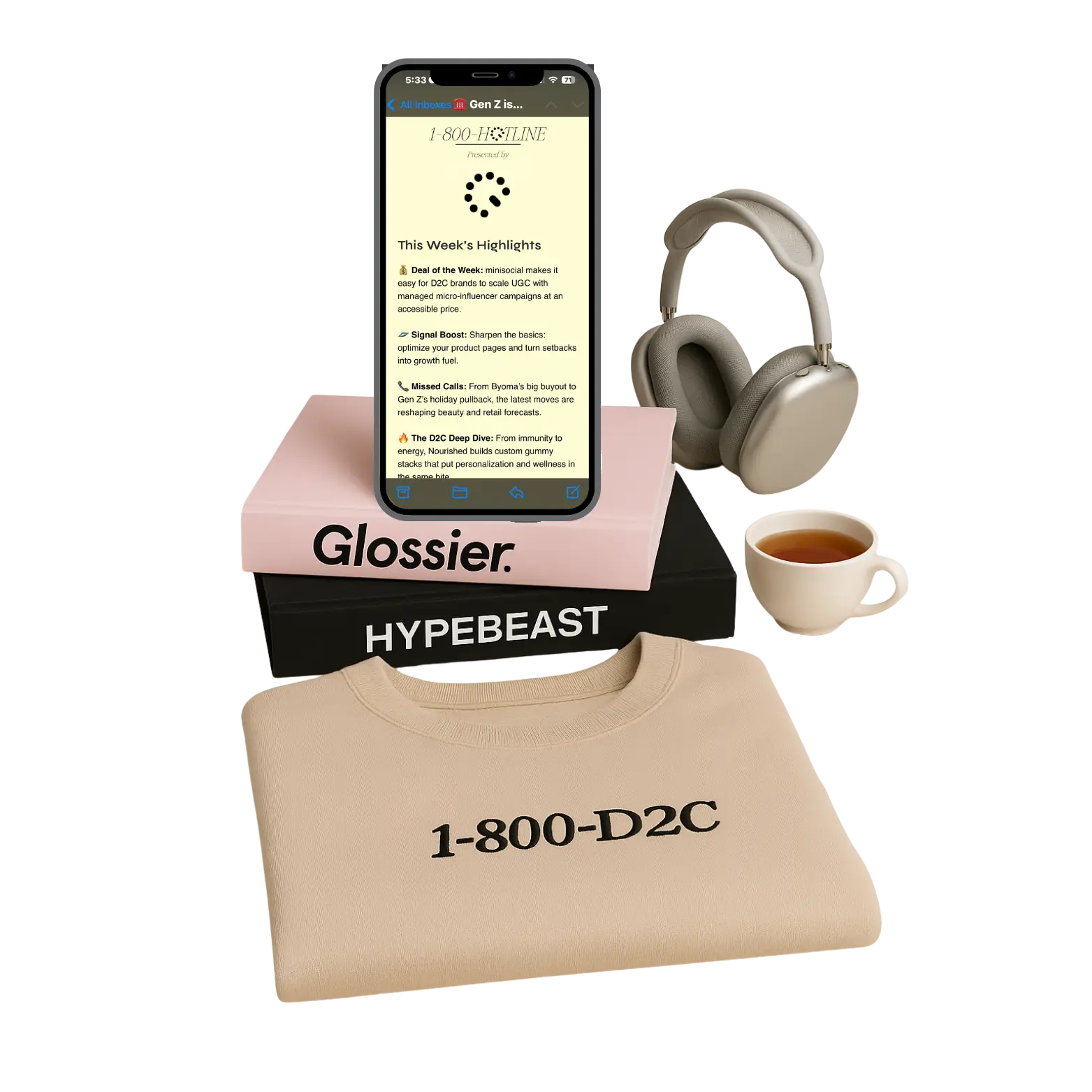
Siffat Haider is the co-founder and co-CEO of Arrae, a fast-acting supplement brand that helps women feel their best. Siffat talks to 1-800-D2C about raising capital and also shares advice on finding and pitching investors.
Our investors are a combination of institutional partners and angels. We found our investors really through personal relationships that both Nish (my co-founder) and I had. We asked other founders to connect us to investors who they thought would be a right fit.
Our pitch deck is pretty standard. We used InDesign to assemble a deck with everything from our numbers, to founder bios, and our differentiators. Being really clear about your differentiators is important.
Our USP (unique selling proposition) was really fast acting supplements. We were never going into the saturated space with supplements that take a long time for people to see results because there were already many companies doing that well. Our goal was to create supplements that worked in under an hour, which is an extraordinarily specific USP. My advice to other D2C founders is to have a product with a very unique, value prop and also have a clear cut, story. Be really clear about the brand vision when pitching to investors.
When we started raising, it was about a year into the business, and we already had strong traction and product-market fit. We had done $1M+ in sales, and our revenue was strong. But on top of that, the metrics that gets investors really excited are Repeat Customer Rates and Customer Acquisition Costs. We weren't spending crazy amounts of money to acquire customers, so a lot of it was organic. Our CAC was actually really, really low for paid ads which appealed to investors and spoke volumes about the kind of product we created.
I wish I knew how much the fundraising process depends on your relationships. If you can do the legwork and speak to investors before you even need money and build those relationships, then the fundraising process is much easier and faster because the due diligence is essentially done ahead of the actual fundraising.
Now that we finished our seed round, we're just constantly chatting with investors even though we don't need any money. Keeping up those relationships is important to us. Anytime you bring on an investor it's a partnership. The longer you know someone the more you trust them and the more they trust you.
1) Try to understand why investors are saying no. Is it because your pitch hasn't been properly hashed out? I think a big part of fundraising, or even selling to a customer, is being able to tell a good story. I remember early on when Nish and I started fundraising we actually lost out on investors not because we didn't have a strong product but because we didn't know how to sell our story and our vision. And we practiced it over and over and over again until we got it right.
2) Is your product and story still not catching hold? Maybe you just need to shift your USP. Maybe you're in a market that is saturated.
3) Sometimes your product can just be really ahead of the game in terms of vision. Maybe you're struggling because you're going to the wrong type of investor.
Due diligence is definitely a process. But as I said, if you have a relationship with investors ahead of your raise, then the due diligence process is a bit shorter because there's less back and forth, getting-to-know-you type of conversations. Regardless, investors will always review your financials, projections, etc.
For us, honestly speaking, the due diligence process wasn't long. If an investor is taking months and months with due diligence, it could be a bit of a red flag because from our experience our investors were pretty quick to do their due diligence. With Vanterra Capital, Trevor and I were speaking for about a month and due diligence took around two weeks, so they were really quick to make that decision. And that's something we really appreciate it.
The investor-founder relationship is a two-way street. I don't think it's a smart idea to just take money without having done your due diligence because you want to ensure that the people you're taking money from are a good fit for your company. When we're doing our due diligence on investors, we speak to a lot of other founders, research the investors, and try to assess their reputation with other companies. Oftentimes, we also speak to companies within a VCs portfolio to understand the ways the VC can help and also identify their shortcomings. When talking to portfolio founders, you want to identify the investor's expertise, so ask questions like: where can this investor provide thought leadership? Where does this investor really excel? For example, certain certain institutional partners can help you with your financial models and the operational piece while others are outstanding connectors. It's all about understanding where their expertise lies, and no one can tell you better than other companies from their portfolio.That's how we made our decisions of which VC to go with. Every institutional partner that we took investment from had an incredible reputation and were highly spoken of by founders in their portfolio.


Discover new D2C brands, new eCommerce tools and read in-depth founder reviews each week.
